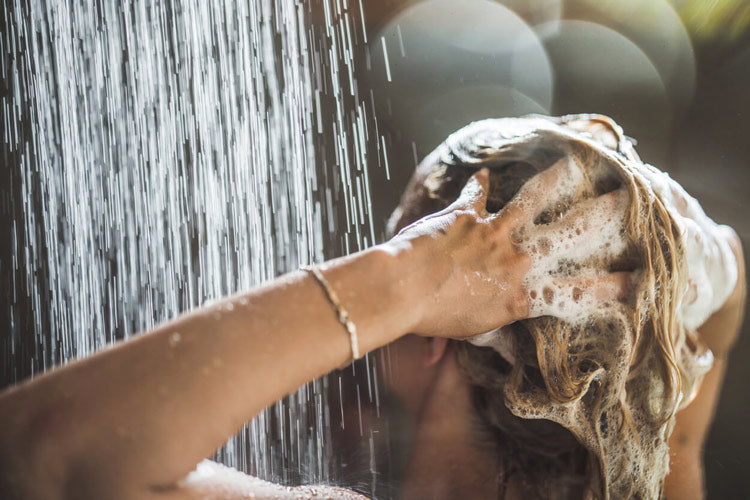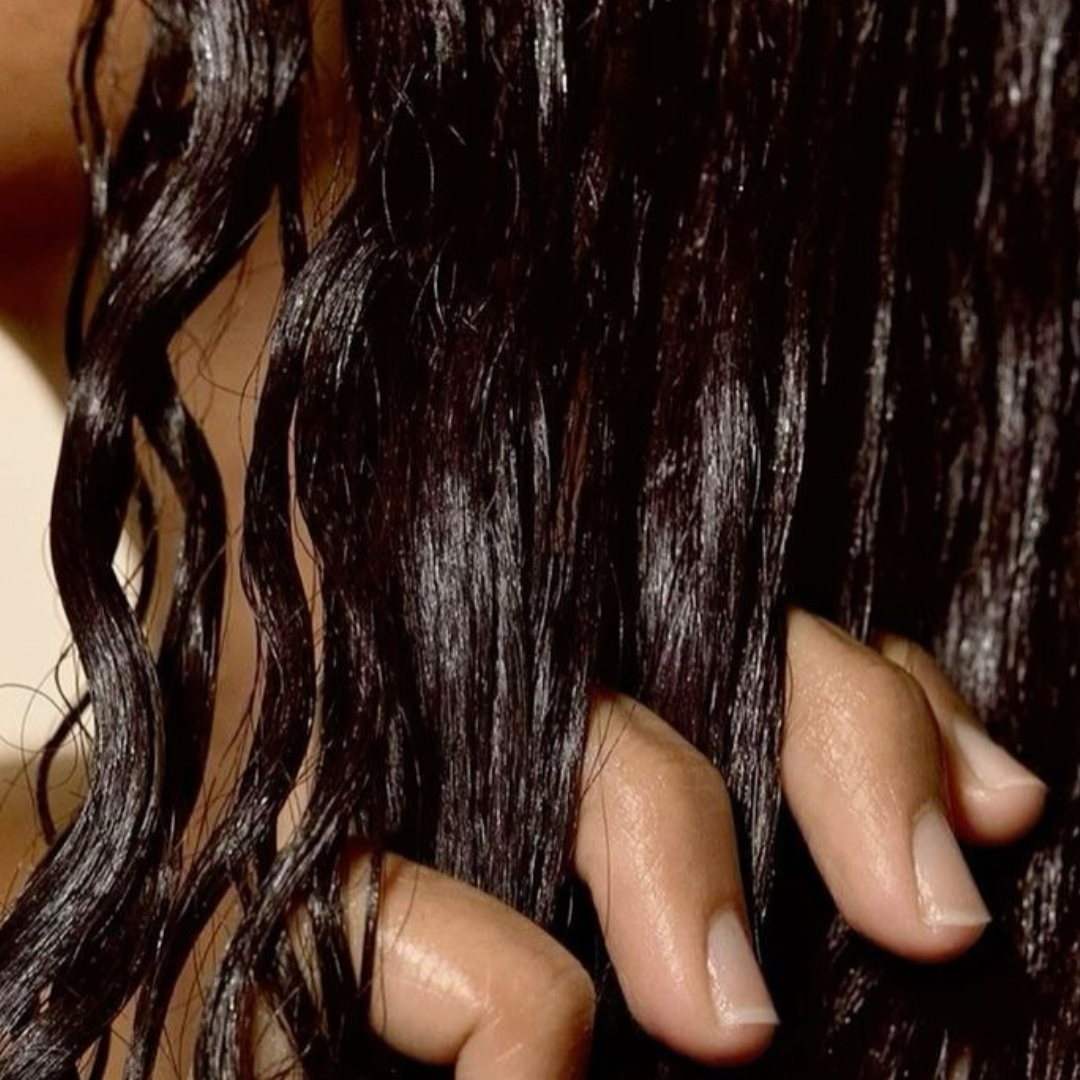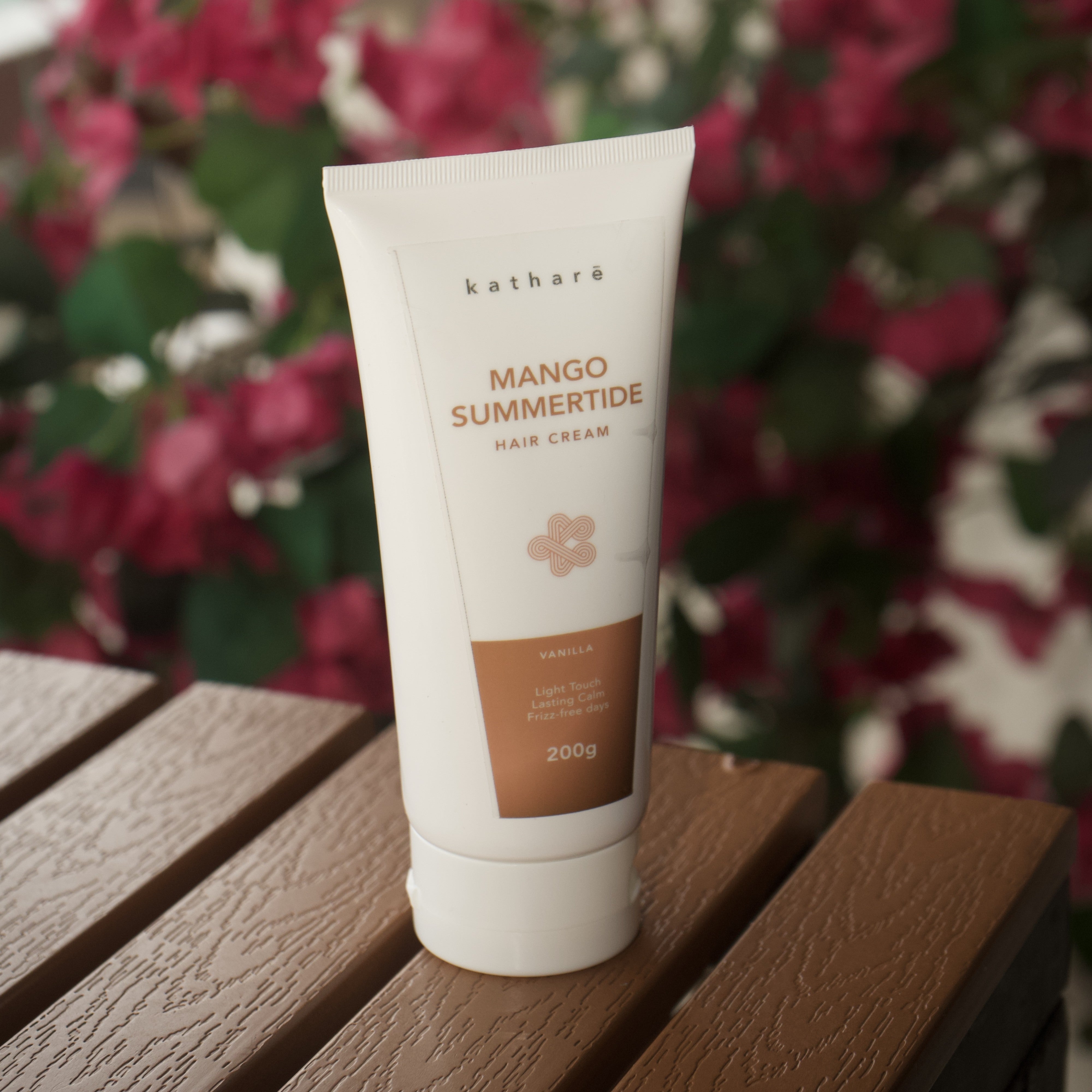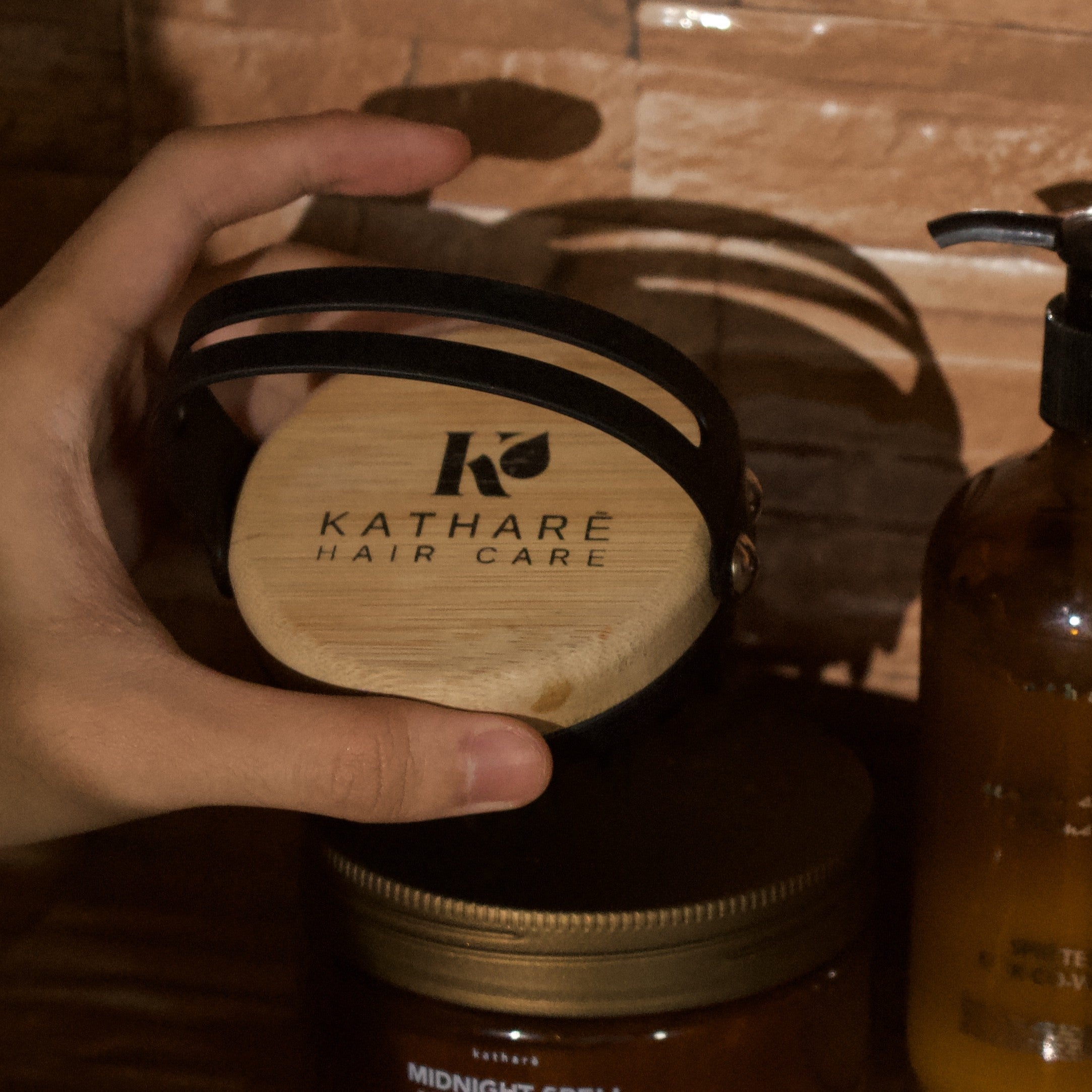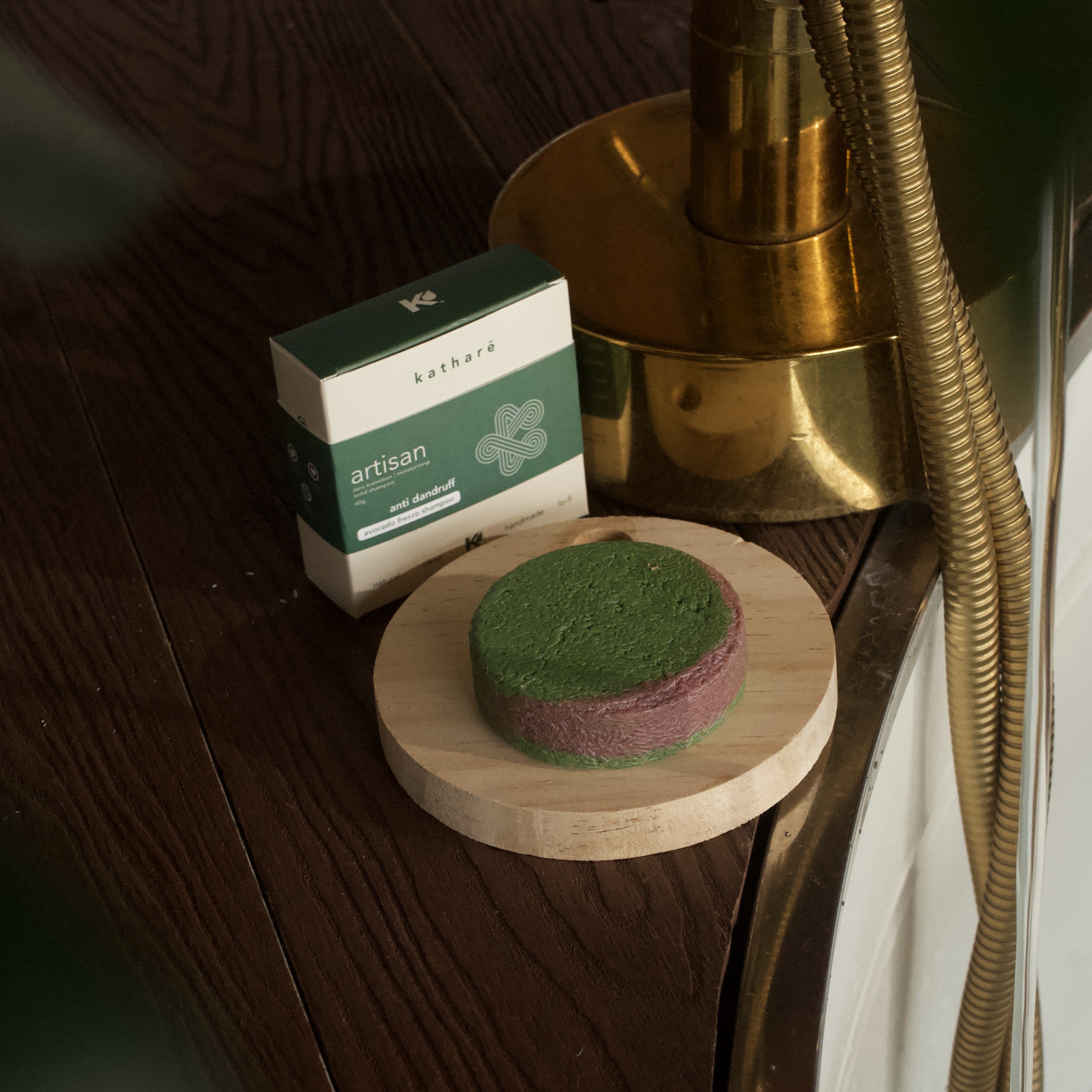When it comes to maintaining healthy hair, we often focus on the products we use, our diet, and our hair care routines. However, one crucial factor that’s sometimes overlooked is the quality of the water we use. The water you wash your hair with can significantly influence its health, appearance, and overall well-being. In this blog, we’ll explore how water quality affects hair health, the different types of water that can impact your hair, and how you can mitigate any negative effects.
1. Understanding Water Quality
Water quality refers to the physical, chemical, and biological characteristics of water. It’s influenced by various factors, including the presence of minerals, pollutants, and other impurities. For hair care, the most relevant aspects of water quality are its hardness, pH level, and the presence of chlorine or other chemicals.
1.1 Water Hardness
Water hardness is determined by the concentration of calcium and magnesium ions. Hard water contains high levels of these minerals, while soft water has low levels.
-
Hard Water: Hard water can lead to a build-up of minerals on your hair and scalp, making it feel dry and brittle. This build-up can also lead to dull, lifeless hair and can make it more challenging to rinse out shampoos and conditioners thoroughly. Over time, hard water can cause scalp irritation and exacerbate issues like dandruff.
-
Soft Water: Soft water, on the other hand, is generally gentler on your hair and scalp. It doesn’t leave behind mineral deposits, which can help maintain your hair’s natural moisture balance. However, some people find that soft water can make their hair feel overly slippery, which can affect the manageability of certain hair types.
1.2 Water pH
The pH level of water can influence how well your hair retains moisture and how your hair products perform.
-
Acidic Water: Water with a low pH (acidic) is often considered better for hair health. It helps to keep the hair cuticle (the outer layer of the hair) smooth, which can enhance shine and reduce frizz. Acidic water can also help maintain the natural pH balance of your scalp, reducing the risk of scalp issues like dryness or oiliness.
-
Alkaline Water: Water with a high pH (alkaline) can cause the hair cuticle to lift, which can lead to increased frizz and dryness. Alkaline water can also strip away natural oils from the scalp, which can result in a dry and itchy scalp.
1.3 Chlorinated Water
Chlorine is commonly used in municipal water supplies to disinfect and kill bacteria. While it helps keep water safe to drink, it can have adverse effects on your hair.
- Chlorine Effects: Chlorine can strip your hair of its natural oils, leading to dryness and brittleness. It can also cause color-treated hair to become discolored and dull. In addition, chlorine can irritate the scalp, leading to dryness and flakiness.
2. How Water Quality Affects Different Hair Types
Different hair types can respond differently to various water qualities. Here’s how different hair types might be affected:
2.1 Curly Hair
Curly hair is naturally more prone to dryness due to its structure. Hard or alkaline water can exacerbate this issue, leading to increased frizz and breakage. Using a water softener or incorporating moisturizing hair products can help mitigate these effects.
2.2 Straight Hair
Straight hair can become oily more quickly, especially with hard water, as it may cause build-up that attracts oil and dirt. Soft water can help prevent this build-up and keep straight hair looking clean and shiny.
2.3 Color-Treated Hair
Color-treated hair is particularly sensitive to water quality. Chlorinated or hard water can strip color more quickly and lead to premature fading. Using a clarifying shampoo and a chelating treatment can help remove mineral build-up and protect your color.
3. How to Improve Water Quality for Better Hair Health
If you’re concerned about the effects of water quality on your hair, there are several steps you can take to improve it:
3.1 Install a Water Filter
Installing a water filter in your shower can help reduce the levels of chlorine and other impurities. Look for filters specifically designed for hair and skin care.
3.2 Use a Chelating Shampoo
Chelating shampoos are formulated to remove mineral build-up from hard water. Using one of these shampoos once a week can help keep your hair clean and free from mineral deposits.
3.3 Rinse with Filtered Water
If possible, use filtered water for your final rinse. This can help remove any remaining impurities and leave your hair feeling softer and shinier.
3.4 Stay Hydrated
Drinking plenty of water is essential for overall health, including the health of your hair. Staying hydrated helps keep your hair and scalp moisturized from the inside out.
The quality of the water you use can have a significant impact on your hair health. By understanding how water hardness, pH, and chlorine levels affect your hair, you can take steps to mitigate any negative effects and keep your hair looking and feeling its best. Whether it’s installing a water filter, using a chelating shampoo, or making other adjustments, taking care of your water quality is an important step in your overall hair care routine.


